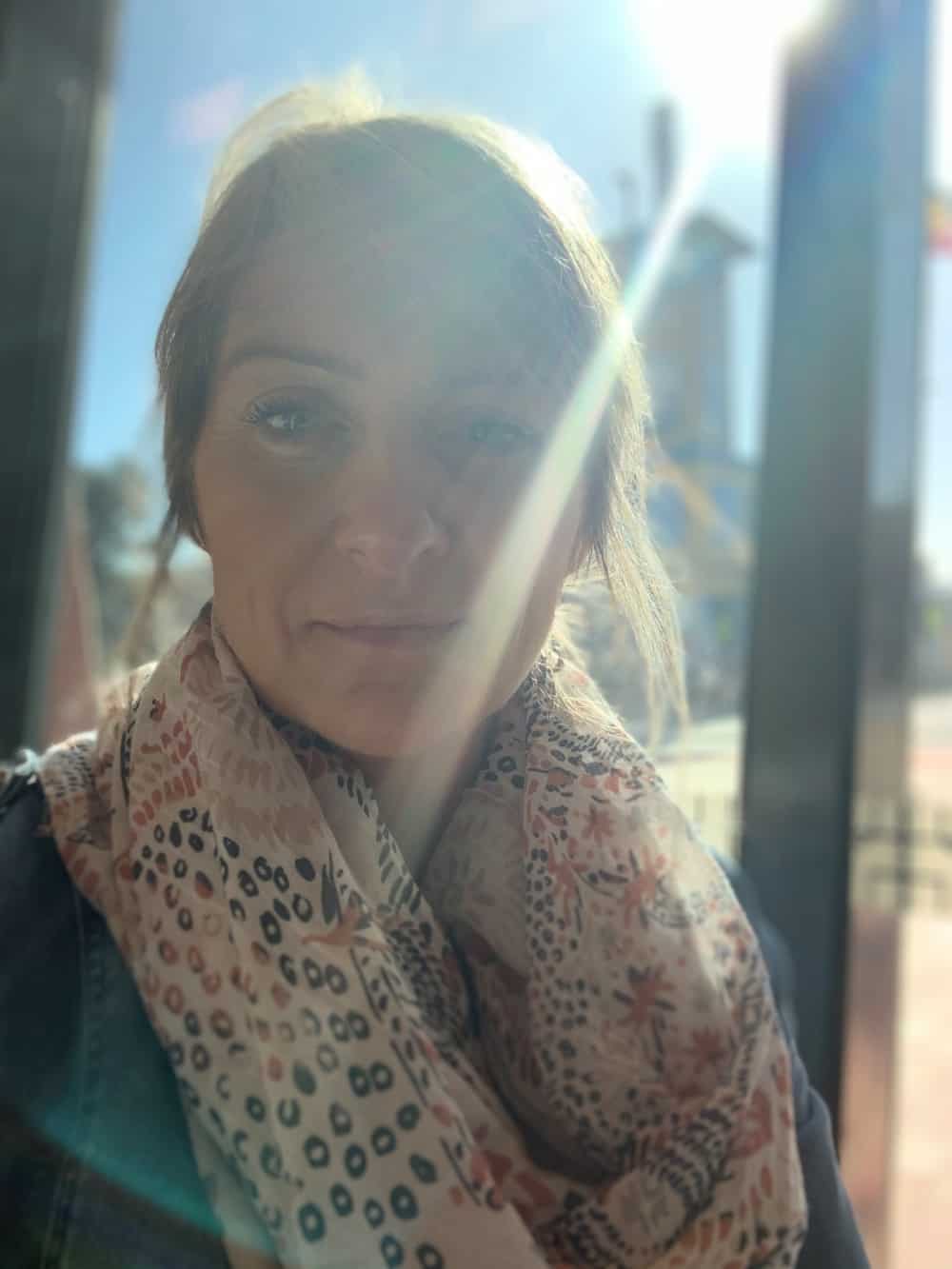My memory says I was young when as a regional journalist I started writing about big things.
Murder. Grief. Terrorism attacks.
I don’t remember being asked if I ‘needed to speak to anyone’. Maybe I was. Regardless, I had in place my own psychological support to cry through the things I had seen, heard, written and felt. It was difficult to talk about because realistically it hadn’t happened to me. So why did I feel so much?
But there were murder scenes, gruesome evidence, interviews with survivors of rape, tears for the fallen. I’ve been watching some of the current reporters talking about the impact of their work on their mental health. As a police rounds and court reporter who did death knocks, I was a ball of anxiety, nervous I had not appropriately represented a legal argument, or the personal story of someone’s loss. I was also a ball of empathy.
In the newsroom, we used black humour. I had good friends but preferred to use them to forget. In the end I burnt out, having learned a lot but with a big personal toll. Everyone will make a choice about how they handle particularly taxing situations but when it comes to workplaces, support should be a non-negotiable.
I learned that I needed to come first. It’s an ongoing lesson.
#wellbeing #work #storytelling #content #journalism

